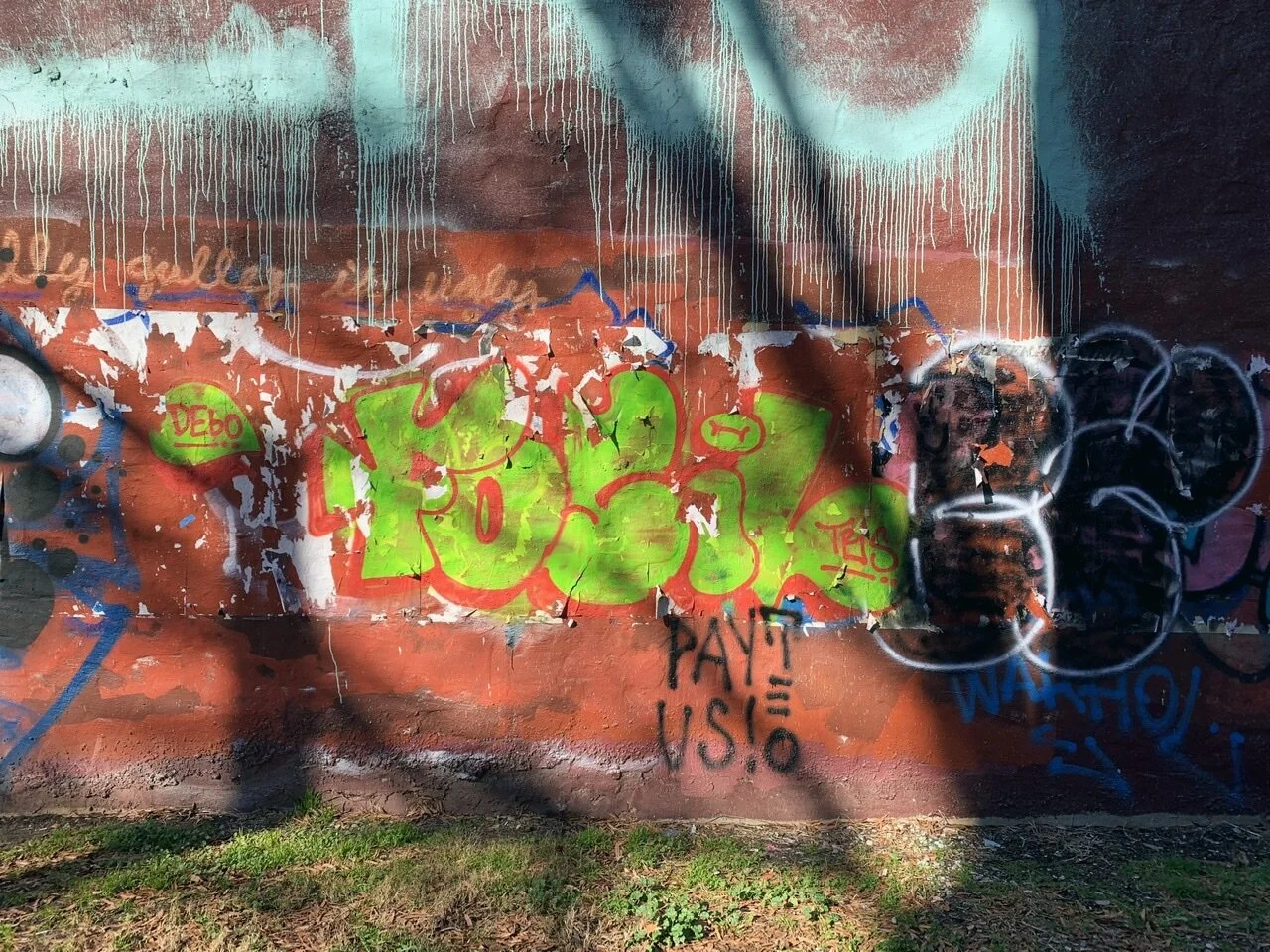Good morning, RVA! It's 55 °F with a bit of clouds and that is exactly what you should expect for the rest of the day. Enjoy!
Water cooler
This is pretty incredible: Yesterday, Virginia became the 38th state to ratify the ERA. Ned Oliver and Graham Moomaw at the Virginia Mercury have all of the fantastic details. Tap the link for some cheers, tears, good quotes, and grumbly Republicans.
Here’s a column in the Richmond Times-Dispatch by HOME’s Heather Mullins Crislip and Better Housing Coalition’s Greta Harris about the importance of affordable housing, specifically through housing choice vouchers. Now, I’m going to talk about some housing policy, and that is not my field of expertise. Please, if you are an expert and I get something wrong, yell at me! So, HCVs allow folks to live in market-rate apartments by using vouchers to supplement what they can afford to pay on their own. Unfortunately, the amount of folks who rely on HCVs vastly outnumbers the amount of landlords willing to accept HCVs. It’s pretty bad: The recently released Regional Housing Framework (PDF) says fewer than one in five apartment communities in the region accept vouchers. To address this need, Del. Jeff Bourne has introduced HB 6 which would add “source of income” as a protected class under Virginia’s Fair Housing Act. Should it pass, this bill would “prevent a landlord from denying an applicant simply because they will pay with a rental voucher...it also would not require a landlord to accept less than market rate for their apartment.” Which, is why the Housing Framework’s Solution 6-B is so important: Implement Small Area Fair Market Rents (p. 20). Currently, HCVs cover the difference between rent and 30% of the tenant’s income, and a SAFMR policy would allow those rents to be calculated by ZIP code rather than by the entire region. Which means more folks able to afford living in more places across the region. Now I gotta read some more about who’s responsible for getting a policy like that created. Housing, y’all! It’s a whole thing—rather, it’s a whole, huge set of things!
While we’re talking about housing and vouchers and moving folks out of public housing neighborhoods, read this piece about RRHA’s recent vote to demolish Creighton Court by Mark Robinson at the RTD. First, the way the Housing Authority handles opportunities and process for public engagement needs improvement. I think that’s pretty clear. Second, I don’t feel like I have a good understanding of the history, vision, and timeline for Creighton specifically—and, generally, public housing in Richmond. I thought rebuilding Creighton Court has been the plan for a long time now? For example, here’s a 2013 article in the RTD about tearing down and rebuilding the public housing neighborhood using a Choice Neighborhoods grant (that the City did not get). But process is so important, and if this is all new news to folks living in the neighborhood, that’s unacceptable and something’s got to change. Here’s a good video of a public comment from that RRHA meeting dealing specifically with process. I’d love to read and learn more on this.
Yesterday, I wrote about trees and had a couple of folks respond in a tree-positive way, wanting to know what to do and how to get involved. Three things! 1) You can contact Beautiful RVA for some great volunteer opportunities. 2) You can email your City Council rep and ask them to reconstitute (resuscitate?) the Urban Forestry Commission so the City can have more folks working the details and strategies behind restoring our urban tree canopy. 3) You can chip in $50 and participate in the City’s Adopt A Tree program which results in an actual tree getting planted. We need to do better, and I’m still struggling to find a way to talk about how trees and shade are a big deal—not just a neighborhood nice-to-have. I mean, heck, the latest episode of the 99% Invisible podcast is all about the seriousness of shade.
Well, we did it! Tonight at 6:00 PM in Council Chambers, City Council will host their final NoBro public hearing. Of course it’s not truly the final hearing—as time progresses we only asymptotically approach that final hearing. Council will need to hold at least on more when the ordinances setting up the property transfers and right-of-way changes hit the agenda of their regularly scheduled meeting. Until then, we’re just waiting on the 3rd-party study that Council commissioned, and, then, it’s off to the races. And by races, I mean an hourslong Council meeting stretching into the night followed by a contentious vote.
This morning's longread
State Tax Proposals Would Make Virginia’s Tax System More Fair
Rather than write a bunch of boring words about how some of the new tax plans down at the General Assembly will work, I figured I’d just link to these way smarter words from Chris Wodicka at the Commonwealth Institute.
Public investments help to support communities across our state. State resources provide funding for public schools, health care, transportation, and more. However, Virginia’s current state and local tax system has two major challenges. First, the current revenue system is inadequate, which means it’s not generating the revenues necessary for public investments. For example, the state’s K-12 public schools, colleges, and universities continue to face funding challenges despite ongoing growth in the economy. Second, Virginia’s state and local tax system is upside-down. On average, the highest-income people in the state pay the lowest in state and local taxes as a share of their income. To address both issues, lawmakers should design tax policies that reduce taxes on families with low and moderate incomes, while asking the wealthiest households and large corporations to pay their fair share – including by closing some loopholes in the current tax system.
If you’d like your longread to show up here, go chip in a couple bucks on the ol’ Patreon.

